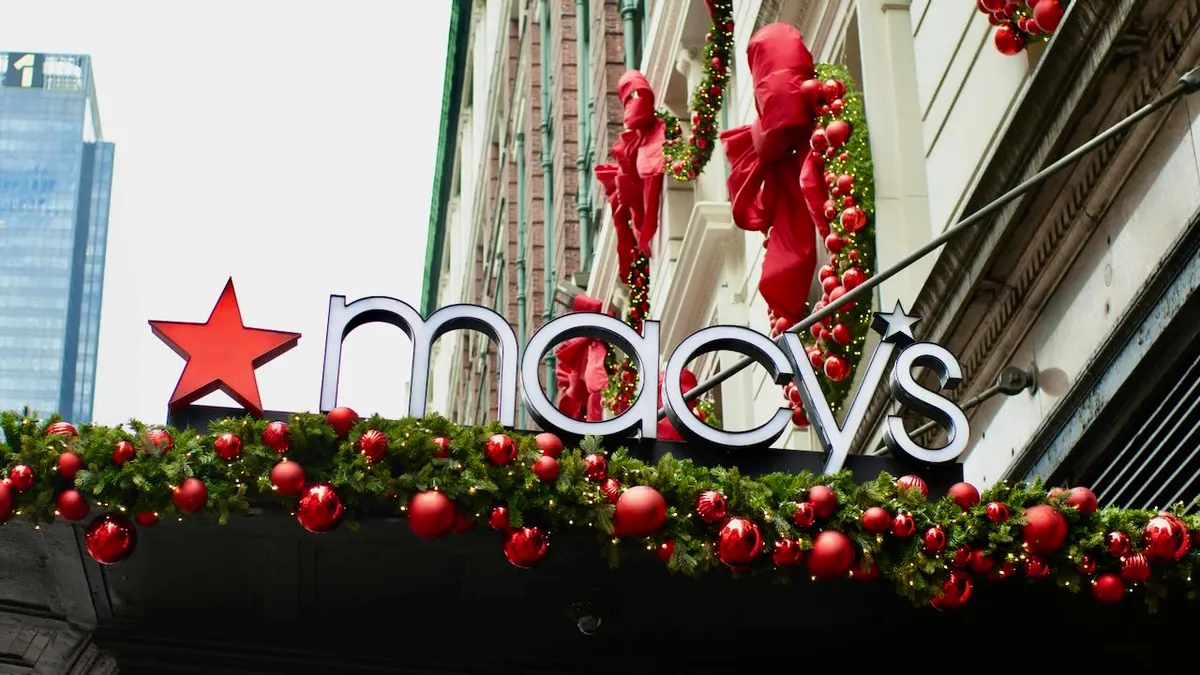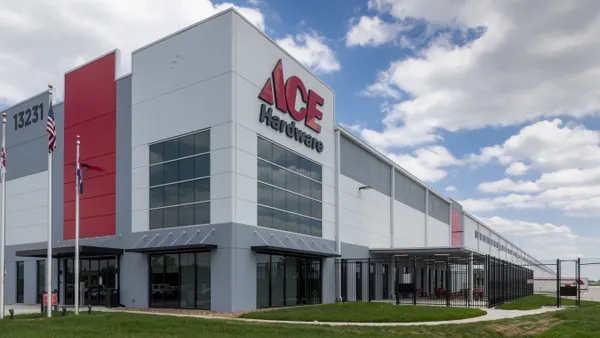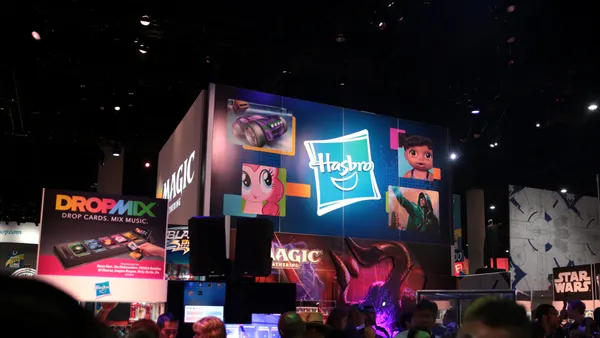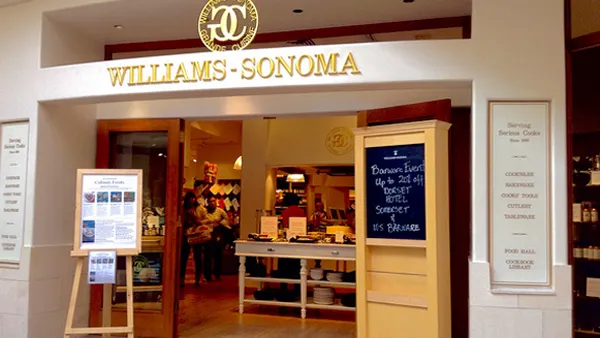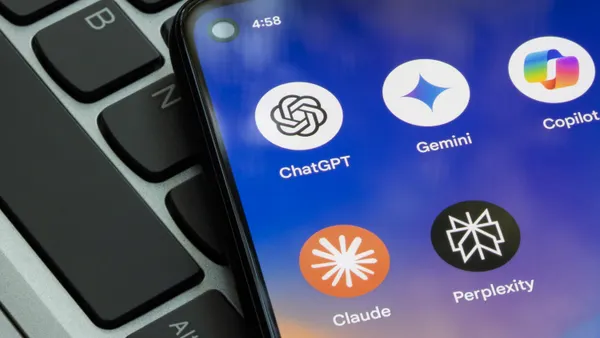Dive Brief:
-
Trigo has raised $22 million in a Series A round of funding, the company announced on Monday. The Tel Aviv, Israel-based company, which provides checkout-free systems to grocery retailers, said in a statement emailed to Retail Dive that funding will be used to scale the technology for larger store sizes. According to the company, it can currently serve a store double the size of Amazon Go and said its new funding will "enable more grocery retailers to battle Amazon Go."
-
Trigo's system, which uses cameras, artificial intelligence, algorithms and 3D space-mapping technology to operate its store systems, offers customer anonymity among its features. Customers shopping at a store using the Trigo system can either opt-in to identify themselves through a loyalty program, or choose to shop through an "unidentified experience," the company release explained.
-
The Series A funding round was led by Red Dot Capital and included the participation of existing investors Vertex Ventures Israel and Hetz Ventures.
Dive Insight:
Trigo is aiming its growth toward large supermarkets, with Israel's largest grocery store, Shufersal, rolling out its technology in 280 stores over the next five years. The company's plans to scale to larger store formats signals serious competition for Amazon Go, which has focused on convenience store formats for its initial set of locations.
But Trigo is not alone in its efforts to go up against Amazon. In fact, it's become quite crowded. Caper, which provides AI-powered shopping carts that tally orders, announced this month that it raised $10 million in a Series A round and plans to work with sizable North American grocery chains. Zippin inked a deal with Brazil's largest retailer to provide checkout-free stores, and Standard Cognition raised $35 million in Series B funding for its scan-and-go technology ahead of its rollout at two retailers this year. Grabango, which announced $12 million in new funding in January for its smartphone self-checkout system, is also aiming to serve large-format stores.
Individual retailers are paying attention, too. 7-Eleven launched mobile checkout in New York City stores this summer, a location where Amazon is quickly adding Go locations. And Microsoft is said to be working on a cashierless system of its own, with Walmart rumored to be in mind as a lead client.
Each of the players on the board has a slightly different specialty, but they all have the same opponent in mind. The sooner they can get their technology into stores, the faster customers can begin to familiarize themselves with the frictionless checkout offerings beginning to pop up in the stores they frequent.



